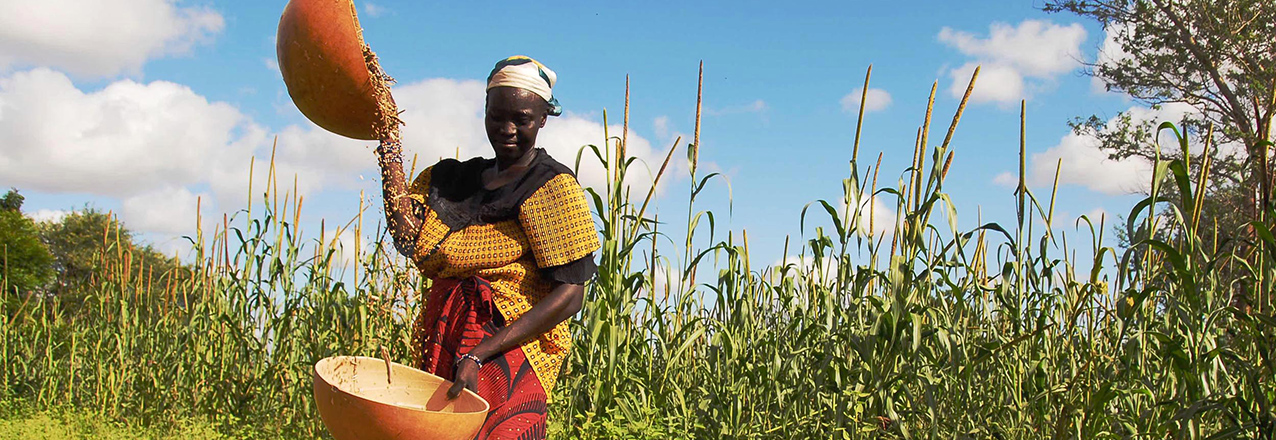Originally appeared on the Thomson Reuters Foundation’s website, PLACE.
Earlier this year, the African Union made a groundbreaking pledge: by 2025, thirty percent of land in Africa will be allocated to women—and documented in their names.
Why does this matter?
Land is the most critical economic resource for most of the world’s rural poor. Throughout much of the developing world, women are at a severe disadvantage: they have less access, control, and ownership of this key asset. In sub-Saharan Africa, for example, women make up about half of the agricultural labor force, but hold only 15 percent of the agricultural land.
When women cannot control or access land, their economic opportunities are limited and they are vulnerable to poverty, hunger, gender-based violence, and displacement. Without land rights, women often lack the incentives to make long-term improvements to the land and have greater difficulty accessing credit. And the limited amount of land that women do control is often of lower quality than that controlled by men: it may be far from water sources, for example, or located on steep inclines.
Conversely, when women do have secure land rights, they tend to invest in improvements to their property, participate in land rental markets, and earn more income. In Tanzania, women with strong land rights were three times more likely to work off-farm and almost one-and-one-half times more likely to have individual savings. They also earned nearly four times as much income …
Read the full article on PLACE.


